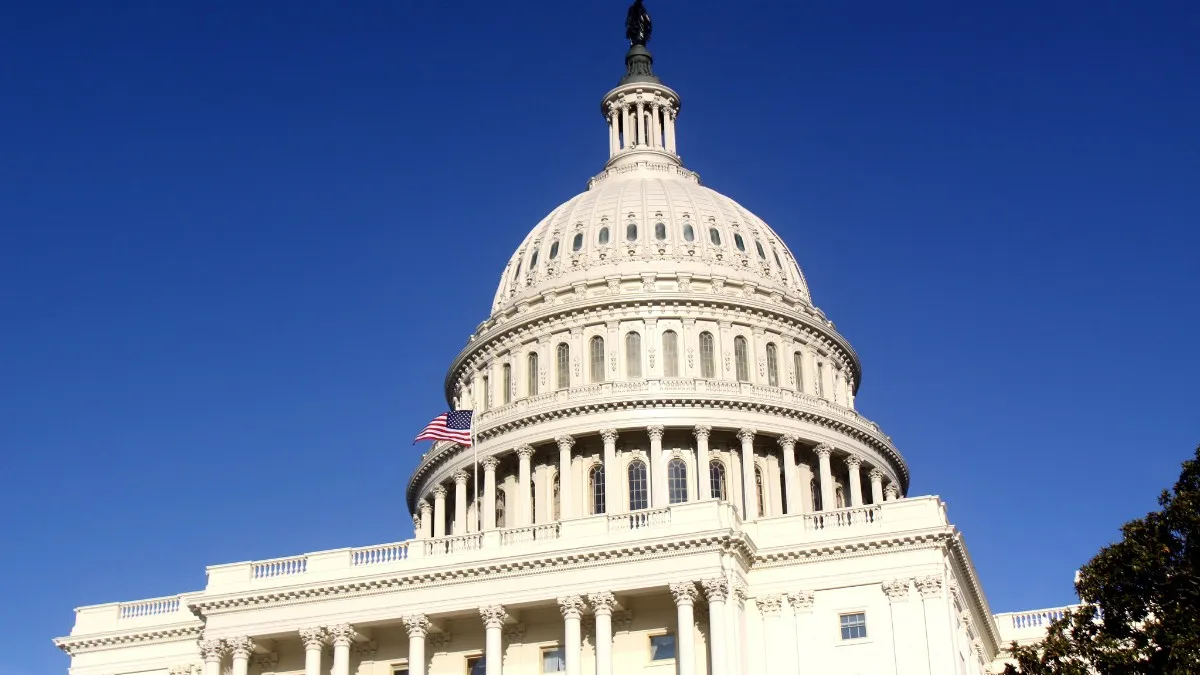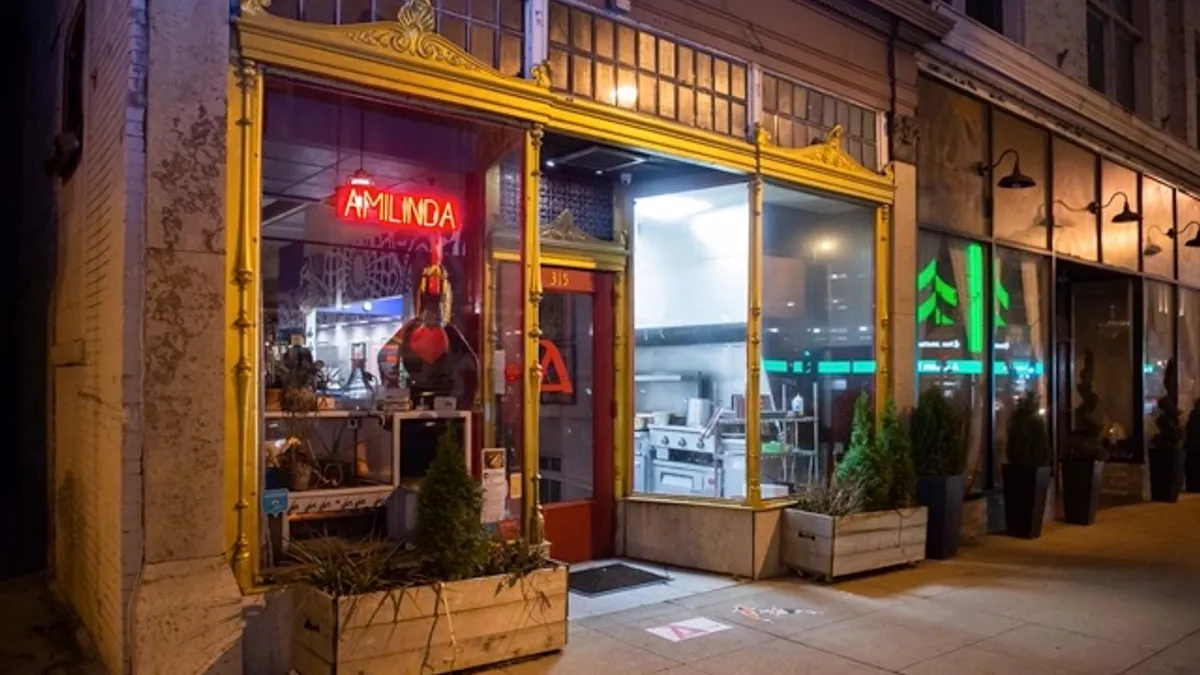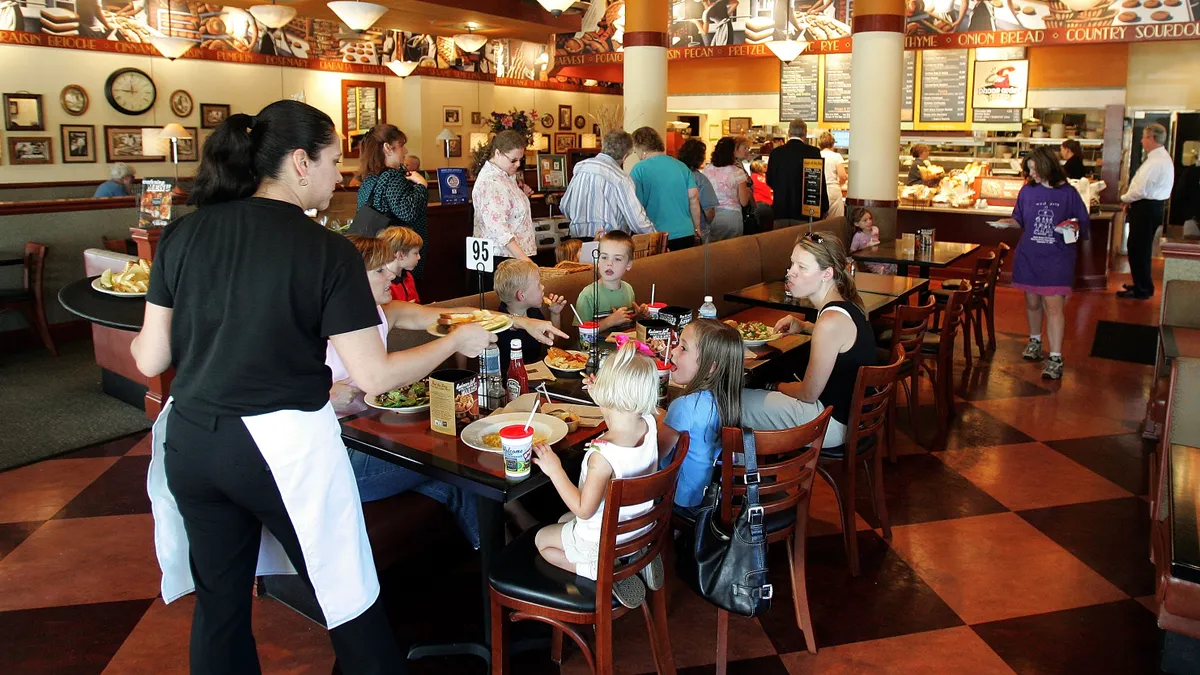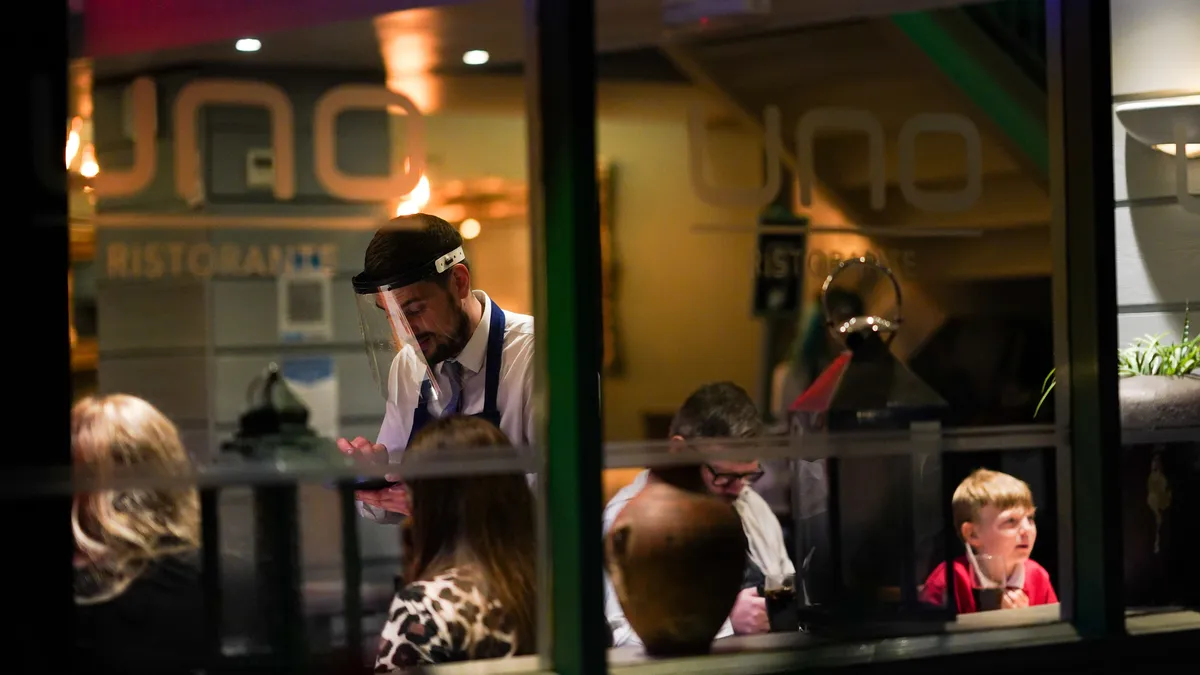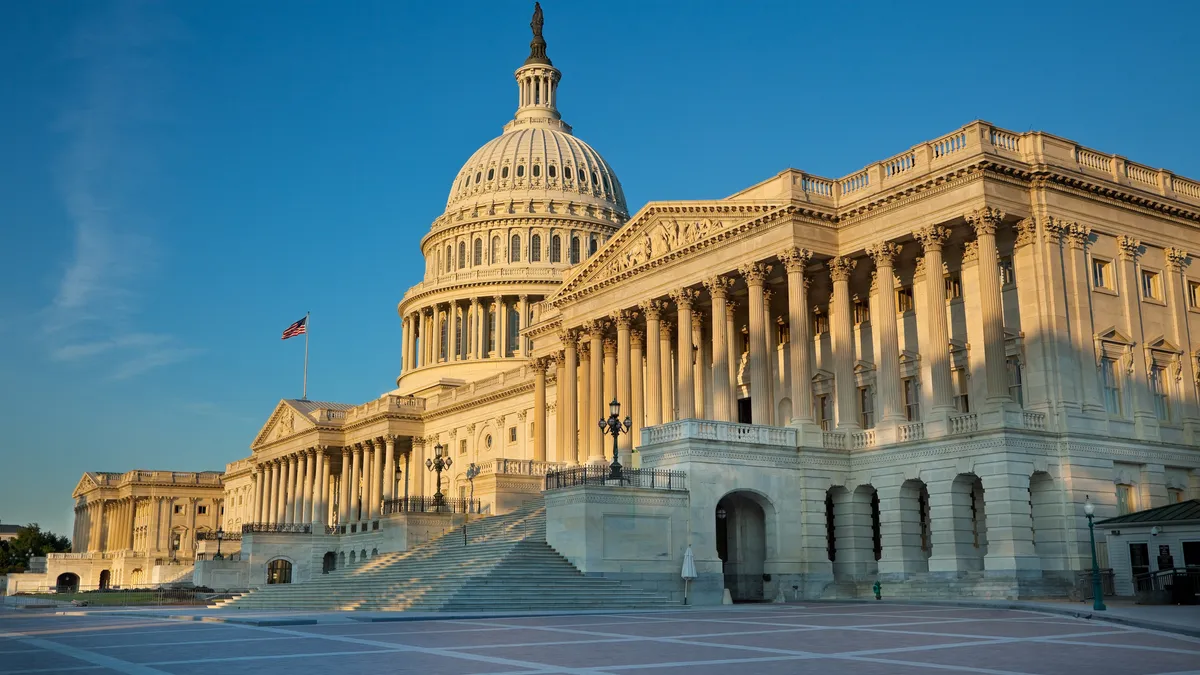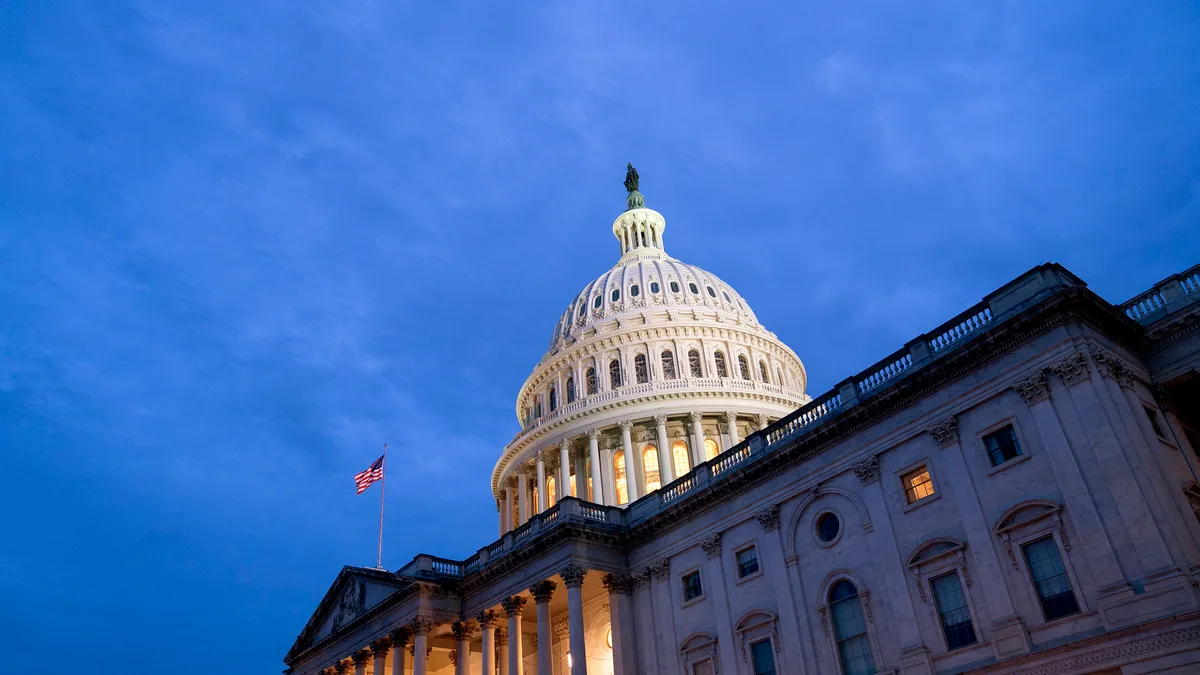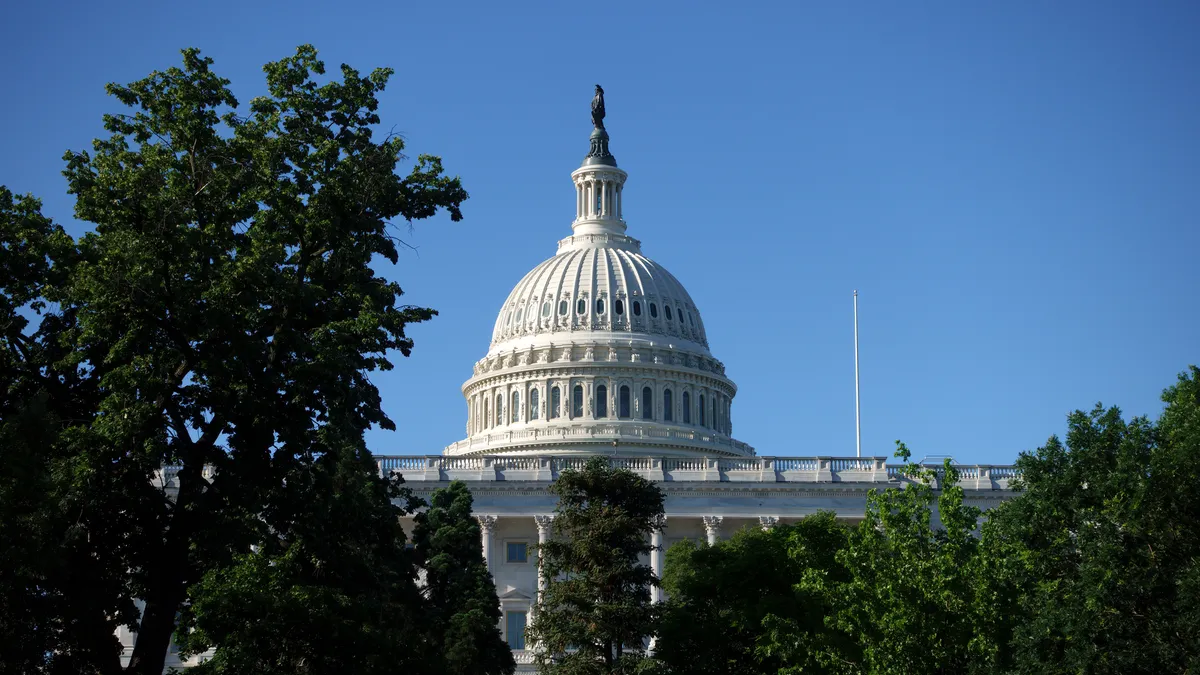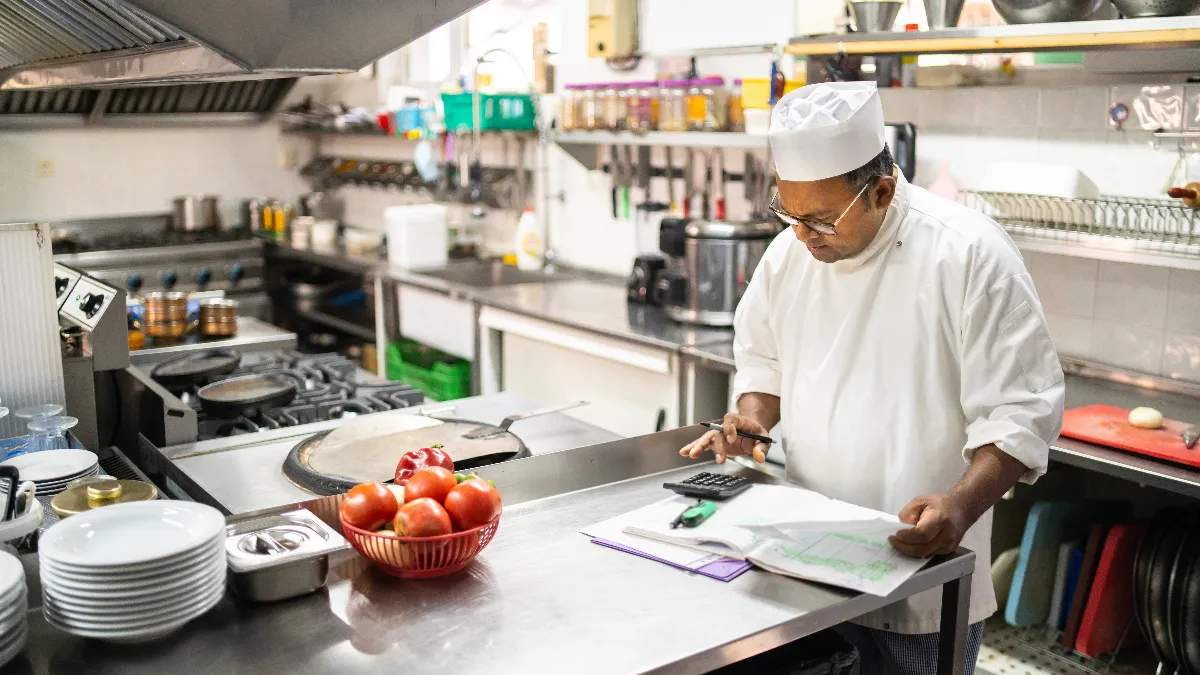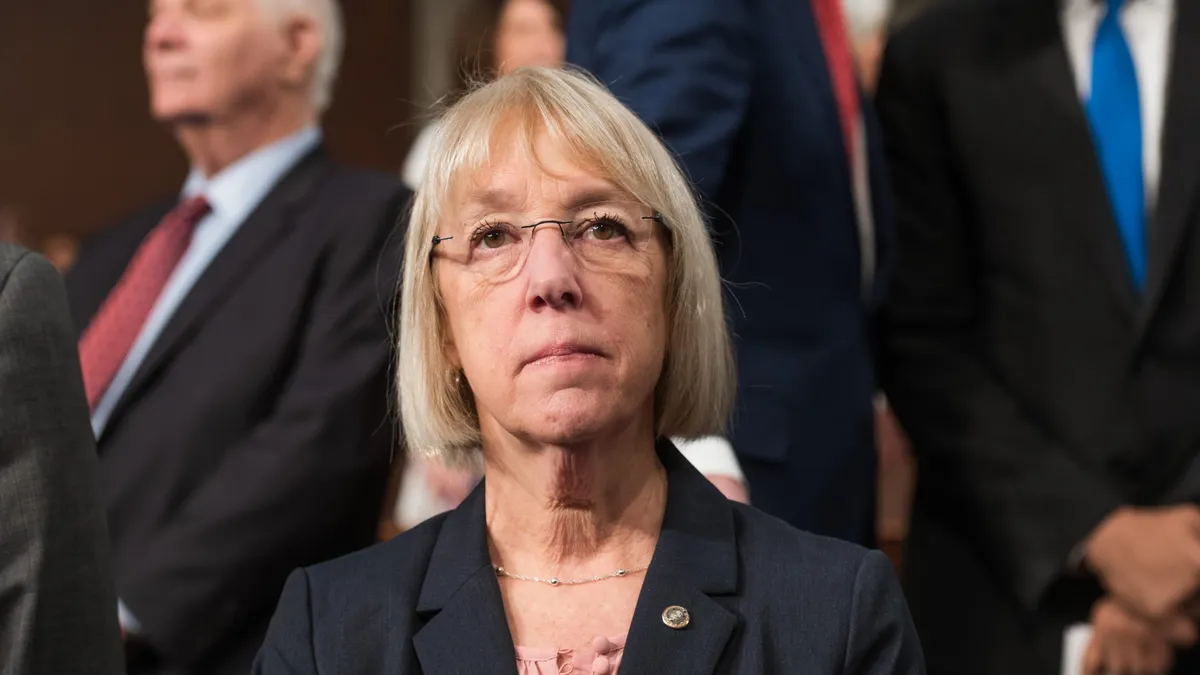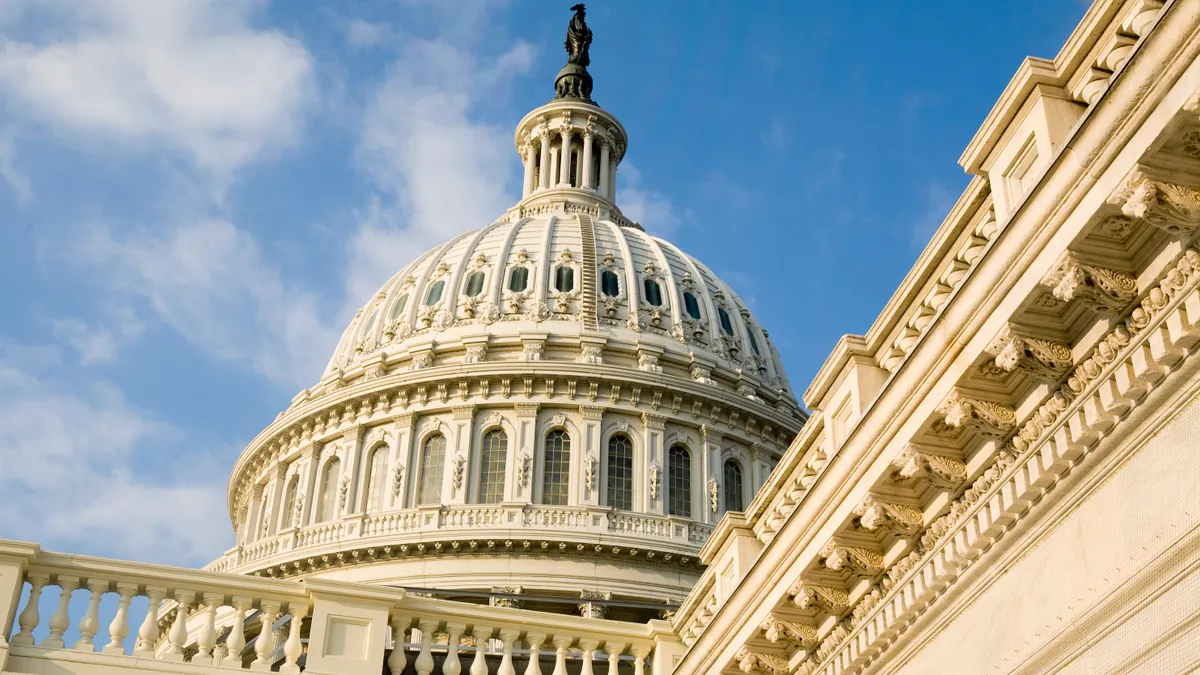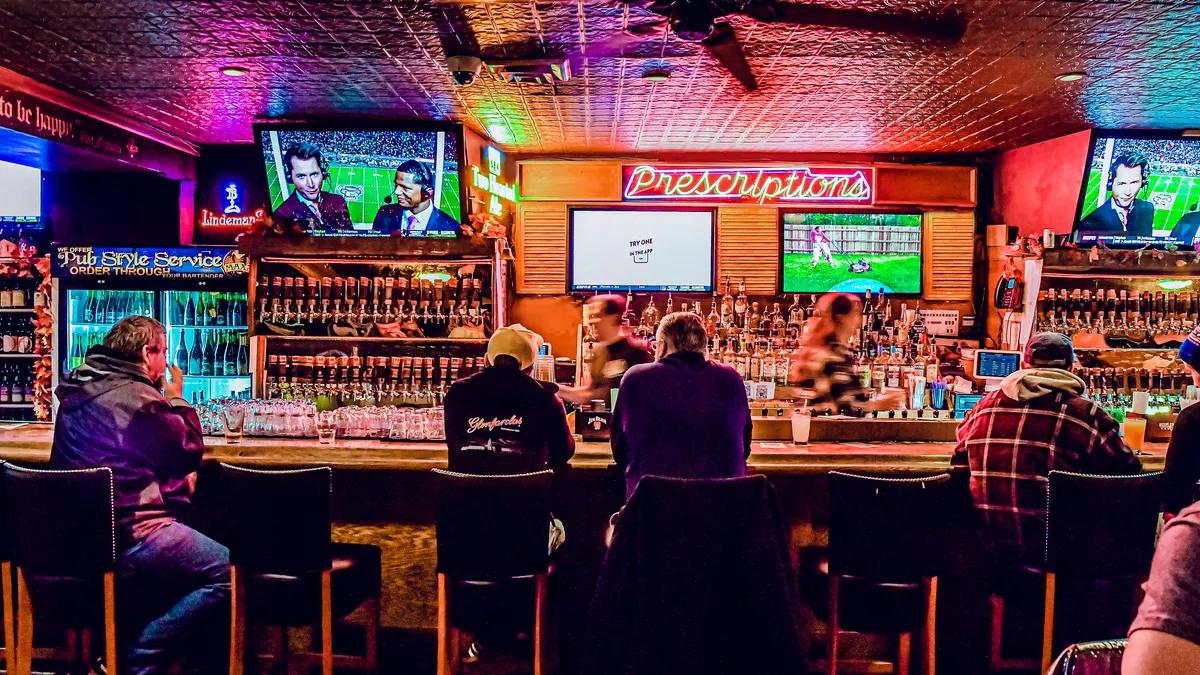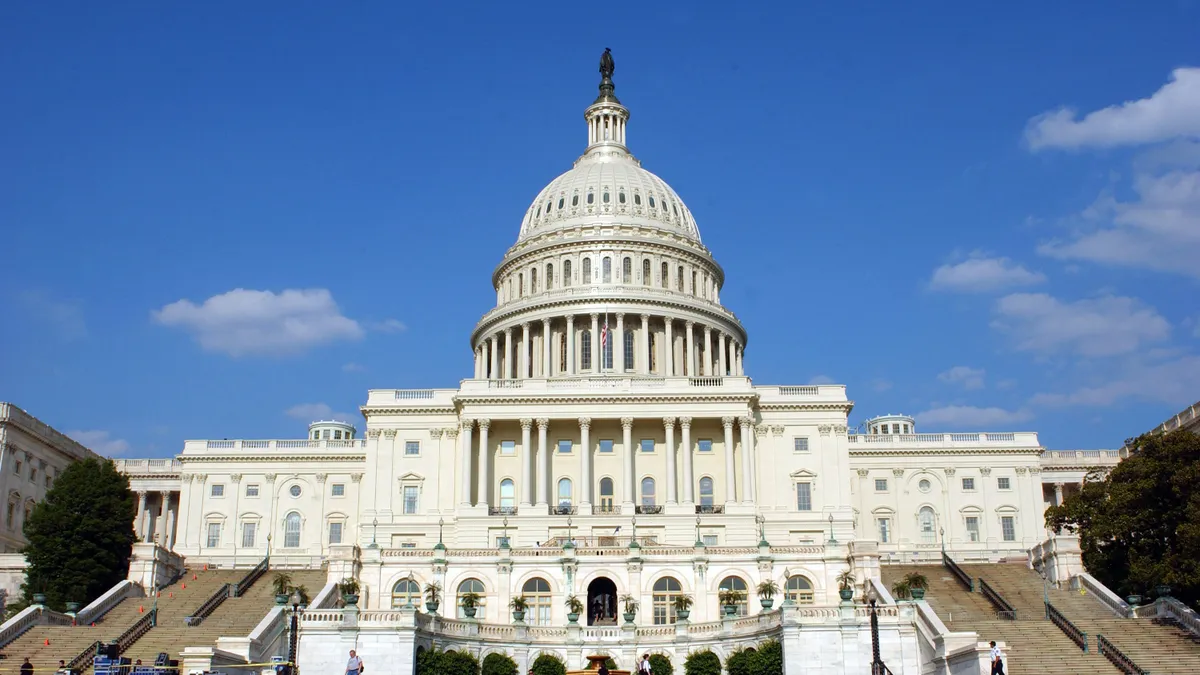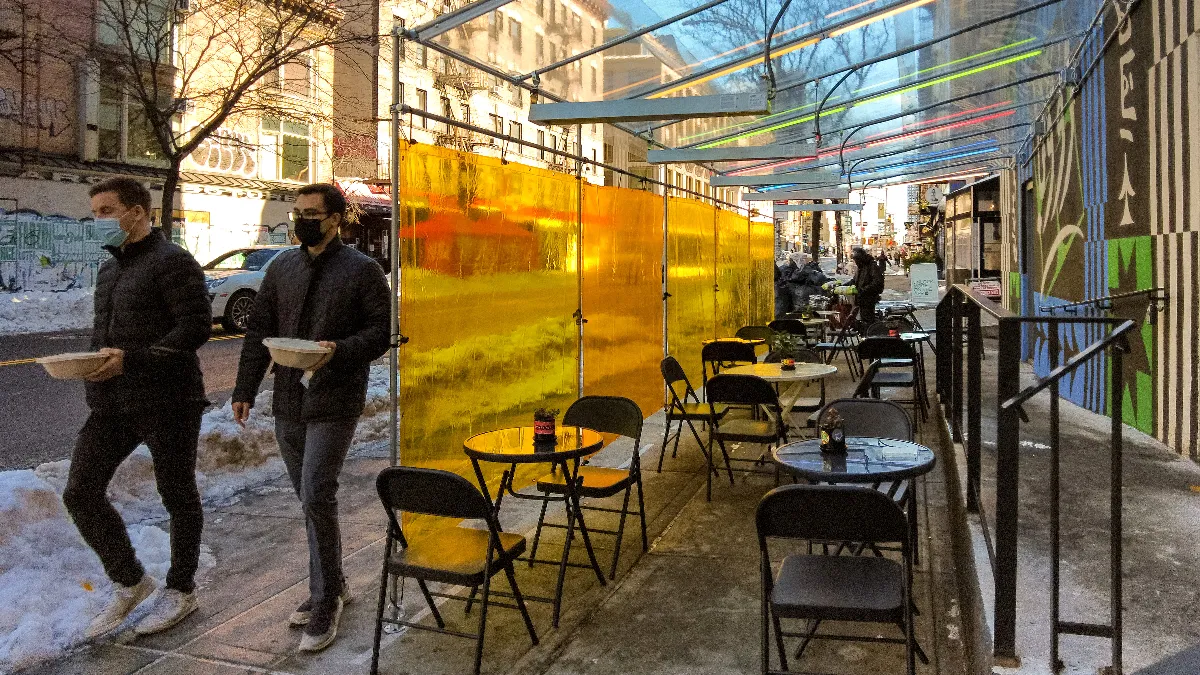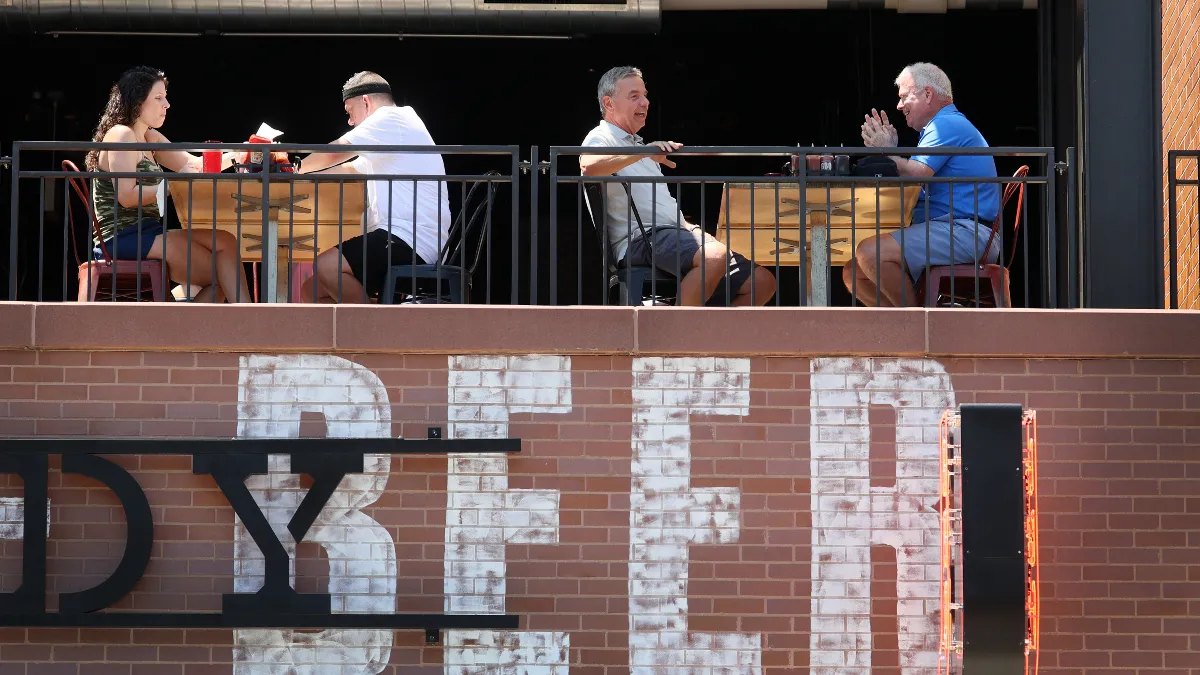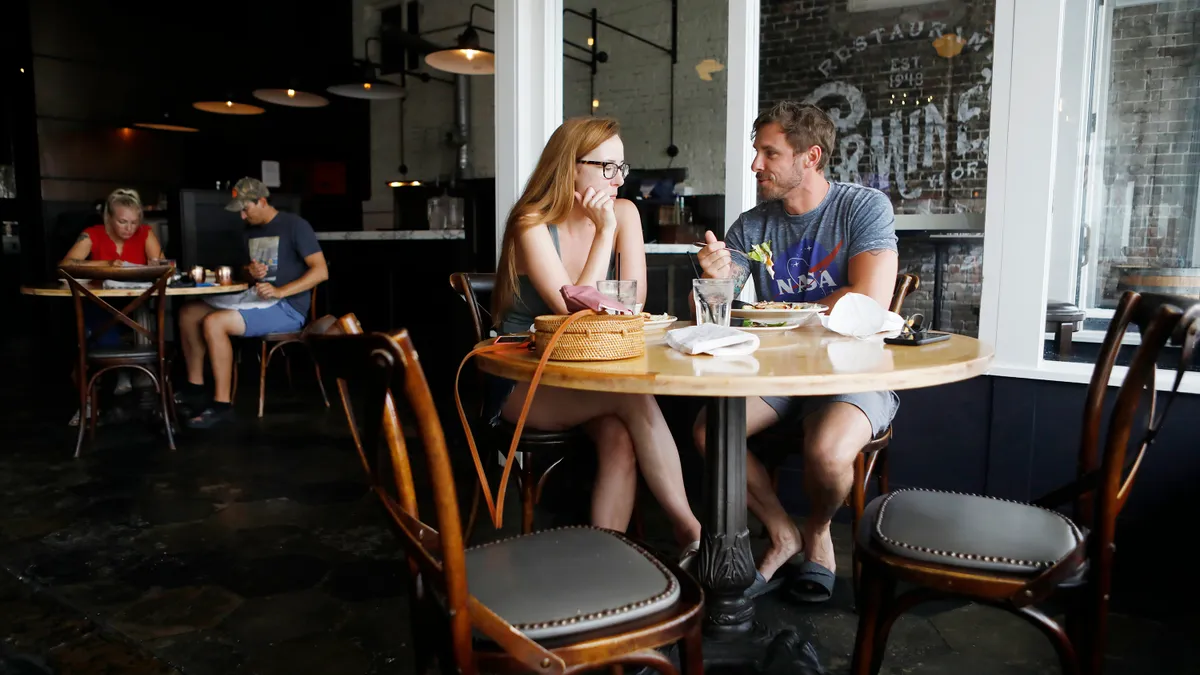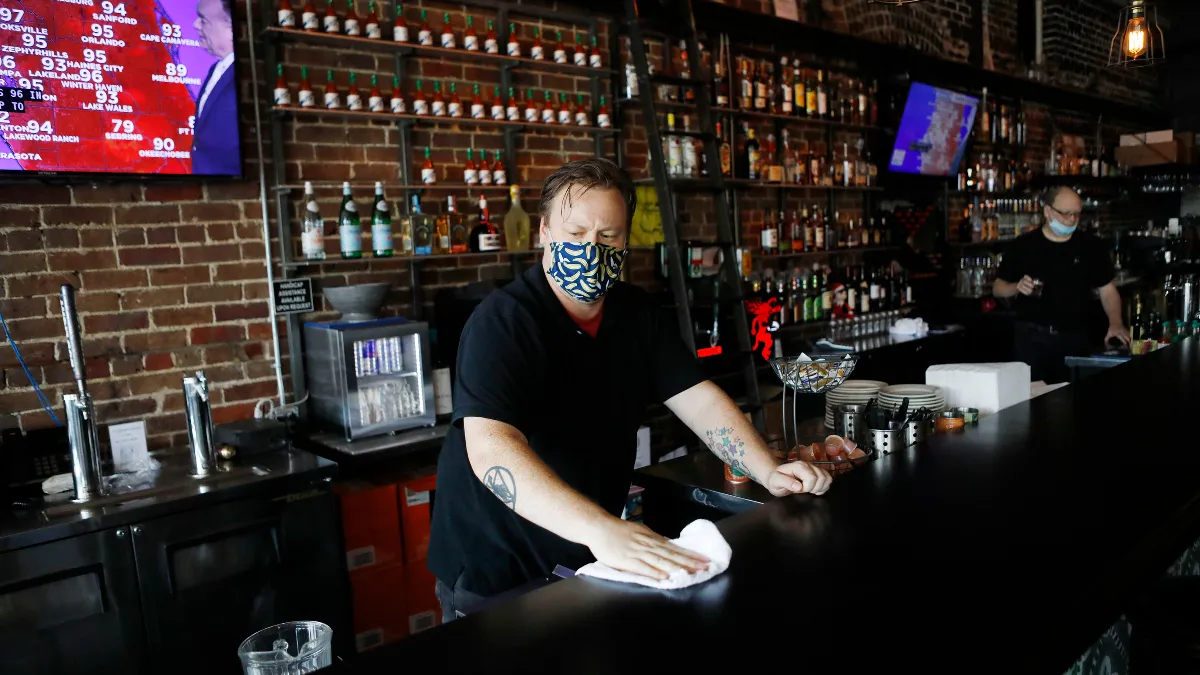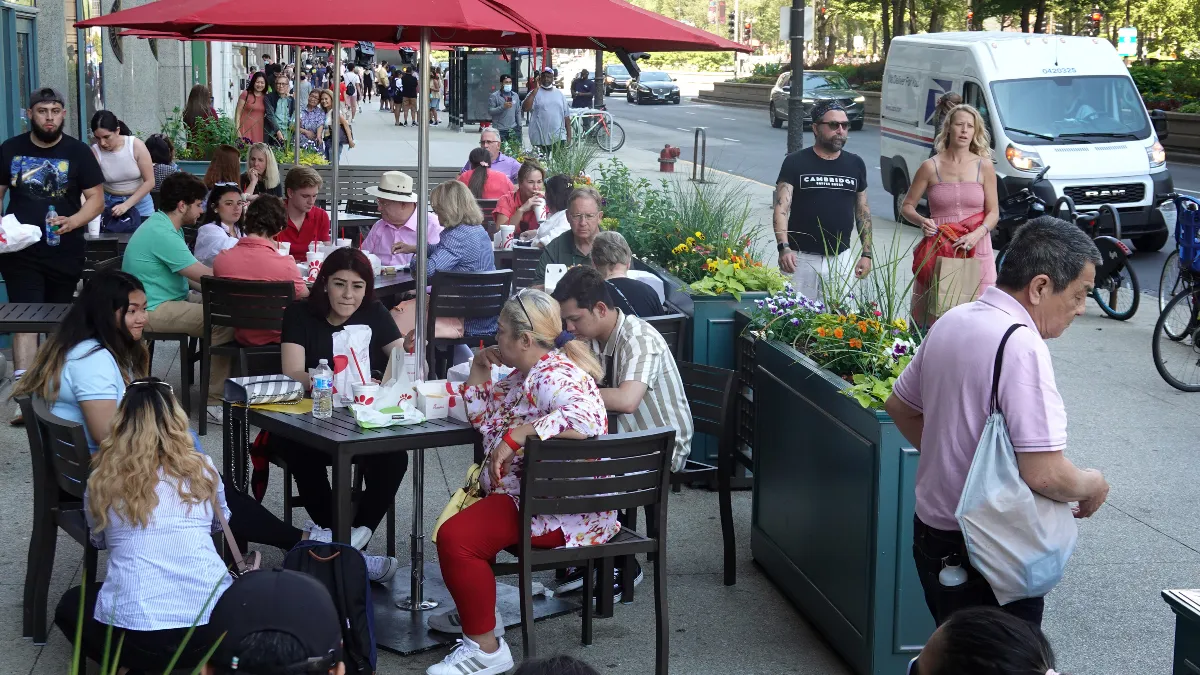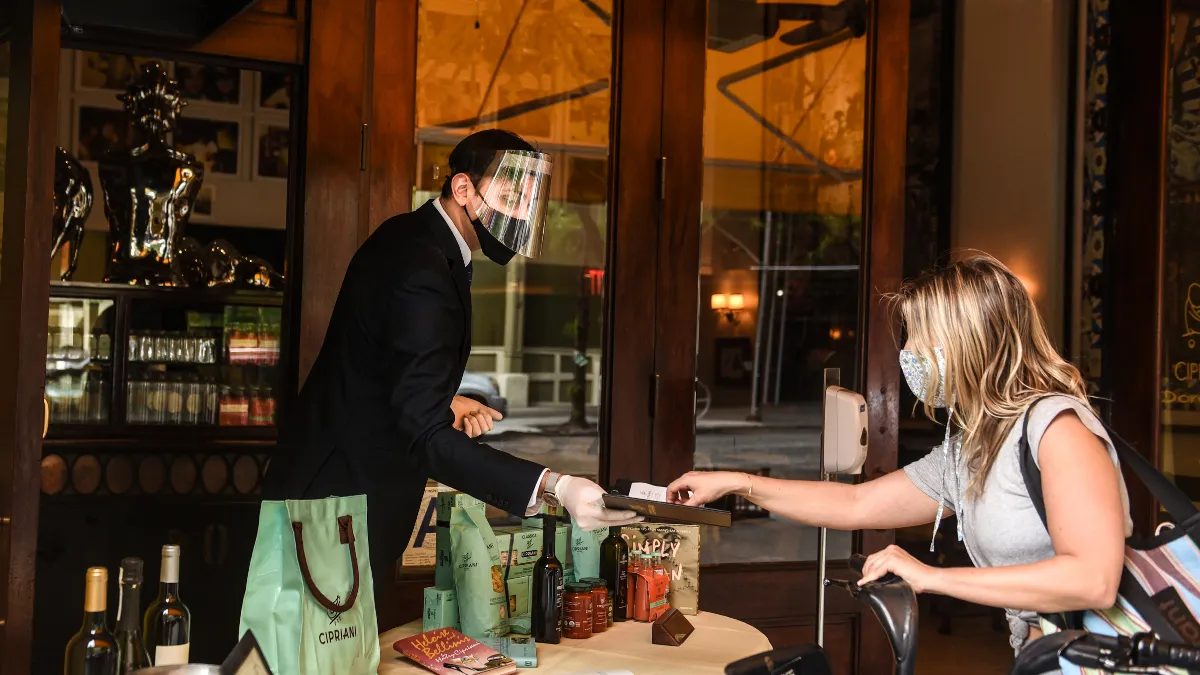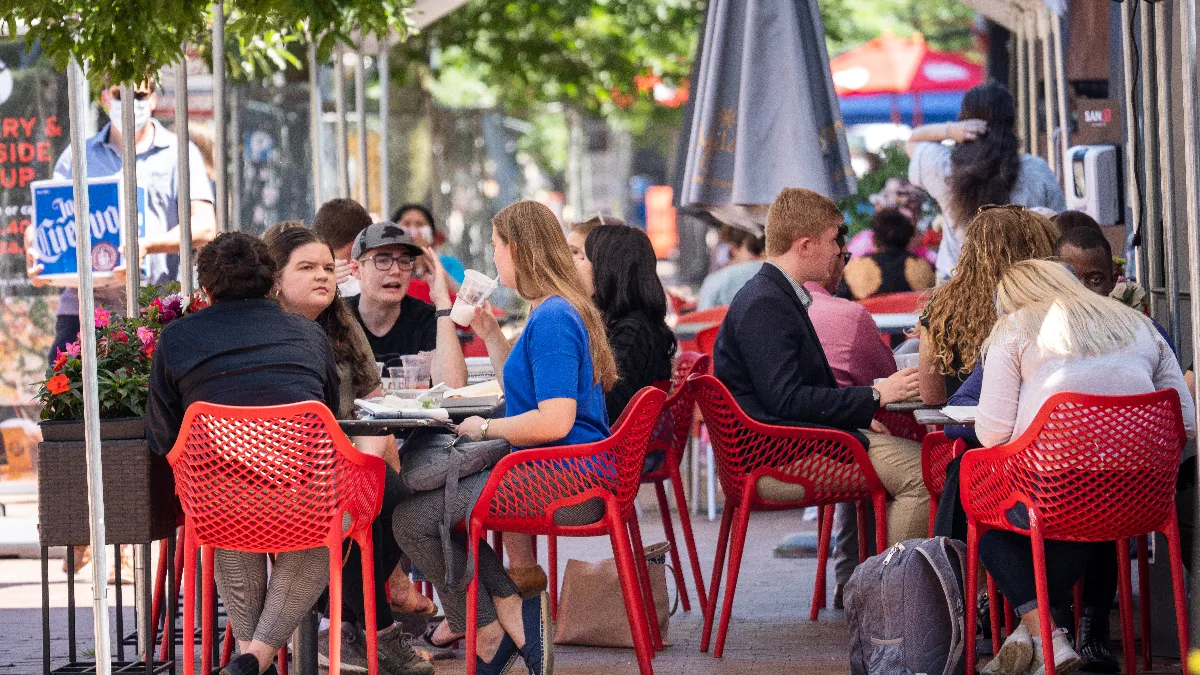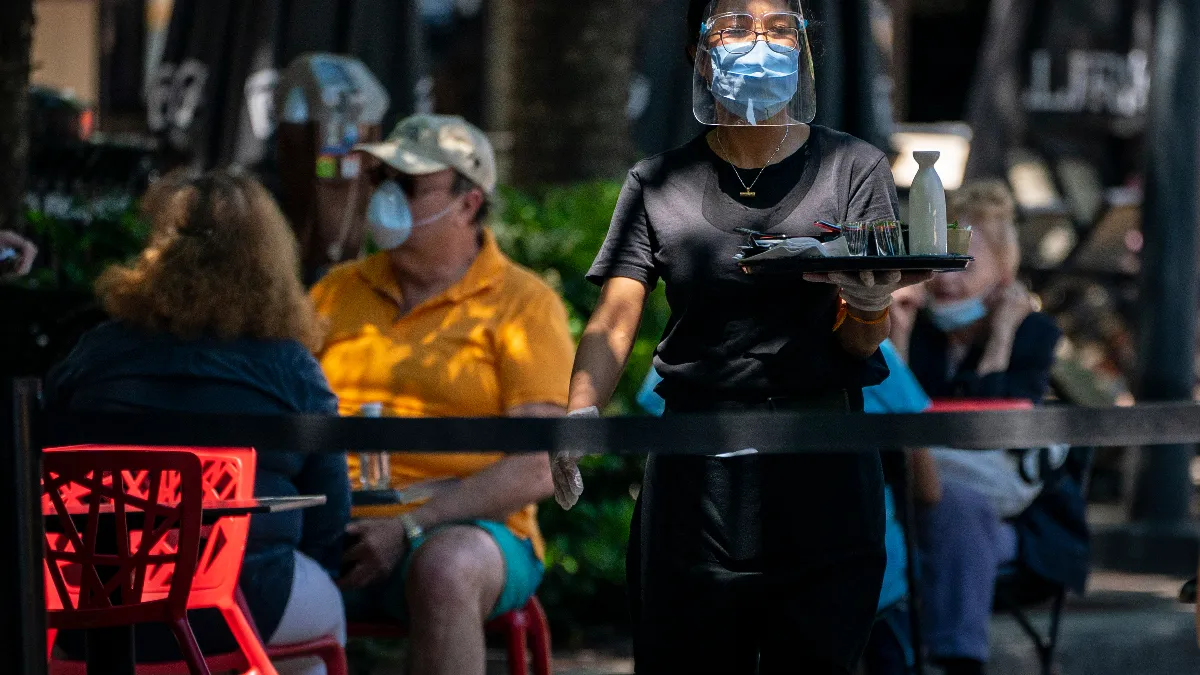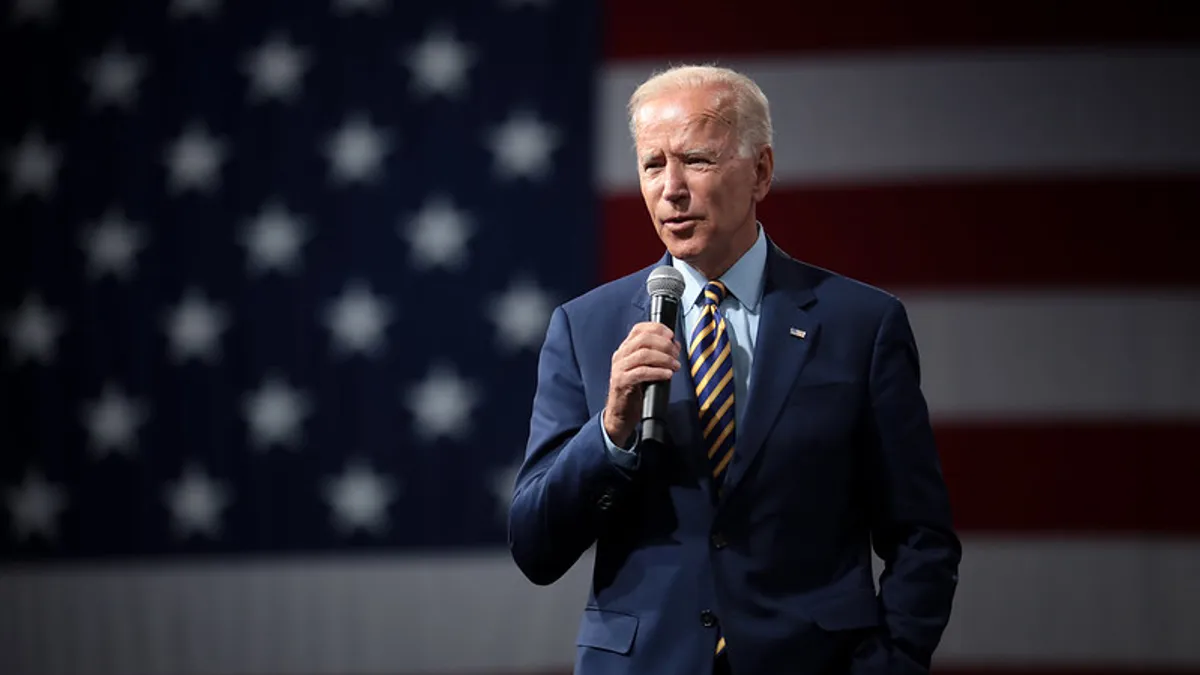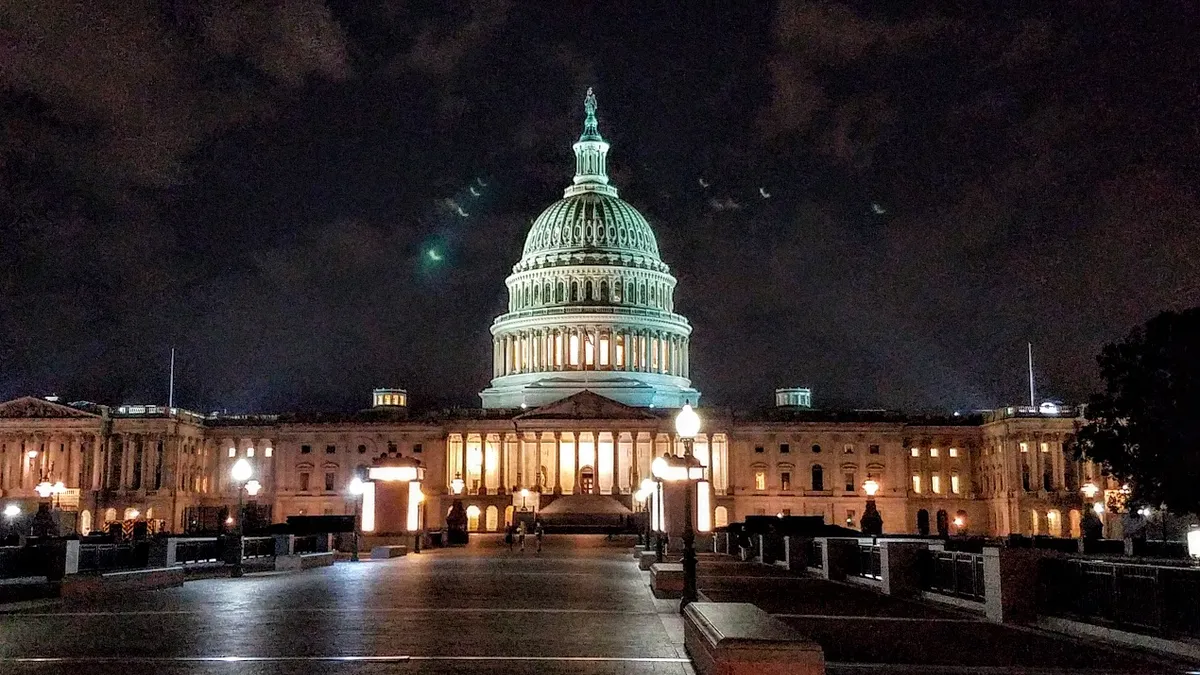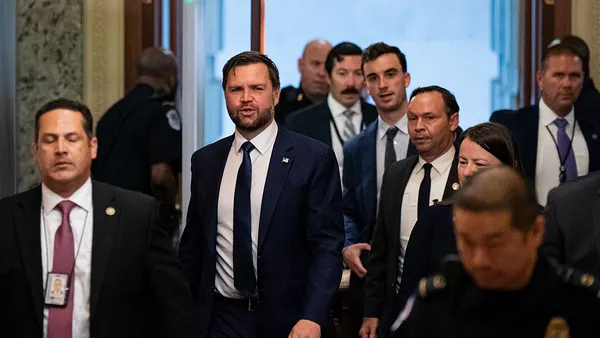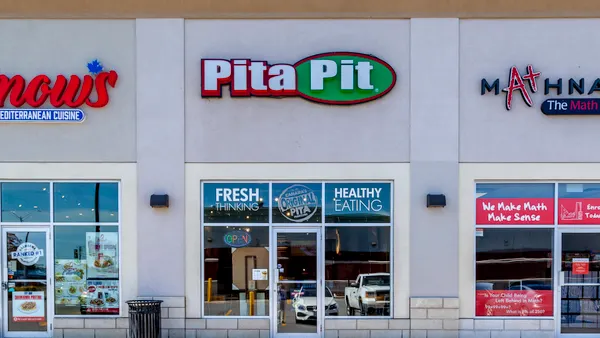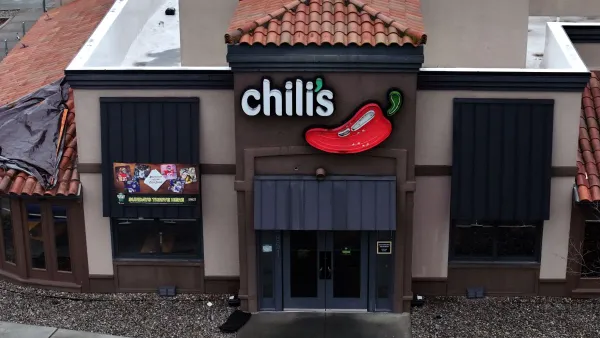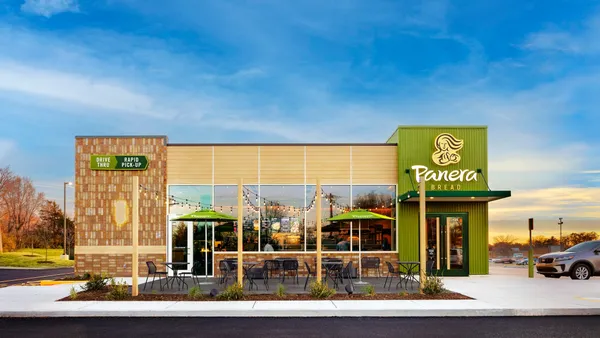Dive Brief:
- Sponsors of the Restaurants Act will introduce a new bill Thursday to infuse $60 billion into the Restaurant Revitalization Fund. RRF closed on May 24, just three weeks after opening for applications. The fund received 362,000 applications during that time frame for a total of $75 billion in funds, far exceeding its allotment of $28.6 billion, the National Restaurant Association wrote in an email to Restaurant Dive.
- The Restaurant Revitalization Fund Replenishment Act of 2021 is endorsed by both NRA and the Independent Restaurant Coalition, as well as both Republican and Democrat House and Senate lawmakers.
- Restaurants have hoped the RRF would be refilled since before the fund even opened, and this proposed legislation is a beacon of hope for operators that continue to struggle despite federal and local grants and Paycheck Protection Program loans. Since the start of the pandemic, the industry has lost more than $280 billion in sales and over 90,000 restaurants have closed permanently or long-term, according to NRA.
Dive Insight:
The financial loss restaurants are still scrambling to claw back is immense. According to the NRA, more than half of the eating and drinking establishments open at the start of the COVID-19 crisis have operated with severe revenue loss over the past year. The burden has been especially heavy for small operators — the average grant application for RRF funds was just over $200,000, per the association.
A second round of restaurant-specific federal aid could help prevent further loss and permanent closures. Though the industry is seeing signs of recovery amid strong diner demand and loosening restrictions, consumer restaurant spending in April was still $1.4 billion below pre-pandemic levels, NRA said. And dining capacity limits are still in place in 17 states and territories. Throw in growing supply chain shortages and an unprecedented labor crisis, and the ground that operators over the past few months could dwindle without government intervention.
"For much of the country, life is starting to feel close to normal. While restaurants are optimistic about this trend, we're still in the early days of rebuilding and are far from recovery," NRA Executive Vice President of Public Affairs Sean Kennedy said in a statement. "To make sure we don't lose our rebuilding momentum, we will continue to focus on creating access to the tools the industry needs to address outstanding obligations and to manage the new challenges that could slow our recovery."
Kennedy added that much of the success of the RRF is tied to how quickly it was able to launch the program while still making it simple and accessible for operators in need — a departure from the Paycheck Protection Program's notoriously complex pathway to loan forgiveness. The NRA believes the RRF "has the structure to sustain additional funding," Kennedy said.



